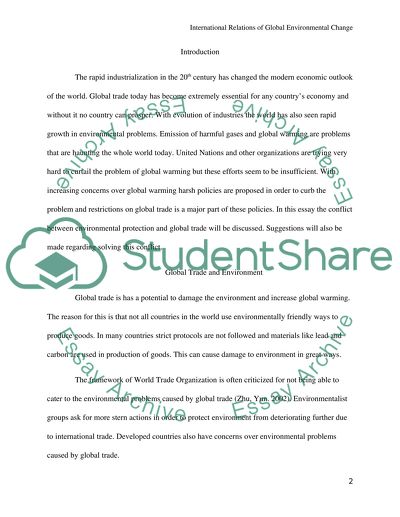Cite this document
(“International Relations of Global Environmental Change Essay”, n.d.)
Retrieved from https://studentshare.org/environmental-studies/1415012-international-relations-of-global-environmental
Retrieved from https://studentshare.org/environmental-studies/1415012-international-relations-of-global-environmental
(International Relations of Global Environmental Change Essay)
https://studentshare.org/environmental-studies/1415012-international-relations-of-global-environmental.
https://studentshare.org/environmental-studies/1415012-international-relations-of-global-environmental.
“International Relations of Global Environmental Change Essay”, n.d. https://studentshare.org/environmental-studies/1415012-international-relations-of-global-environmental.


